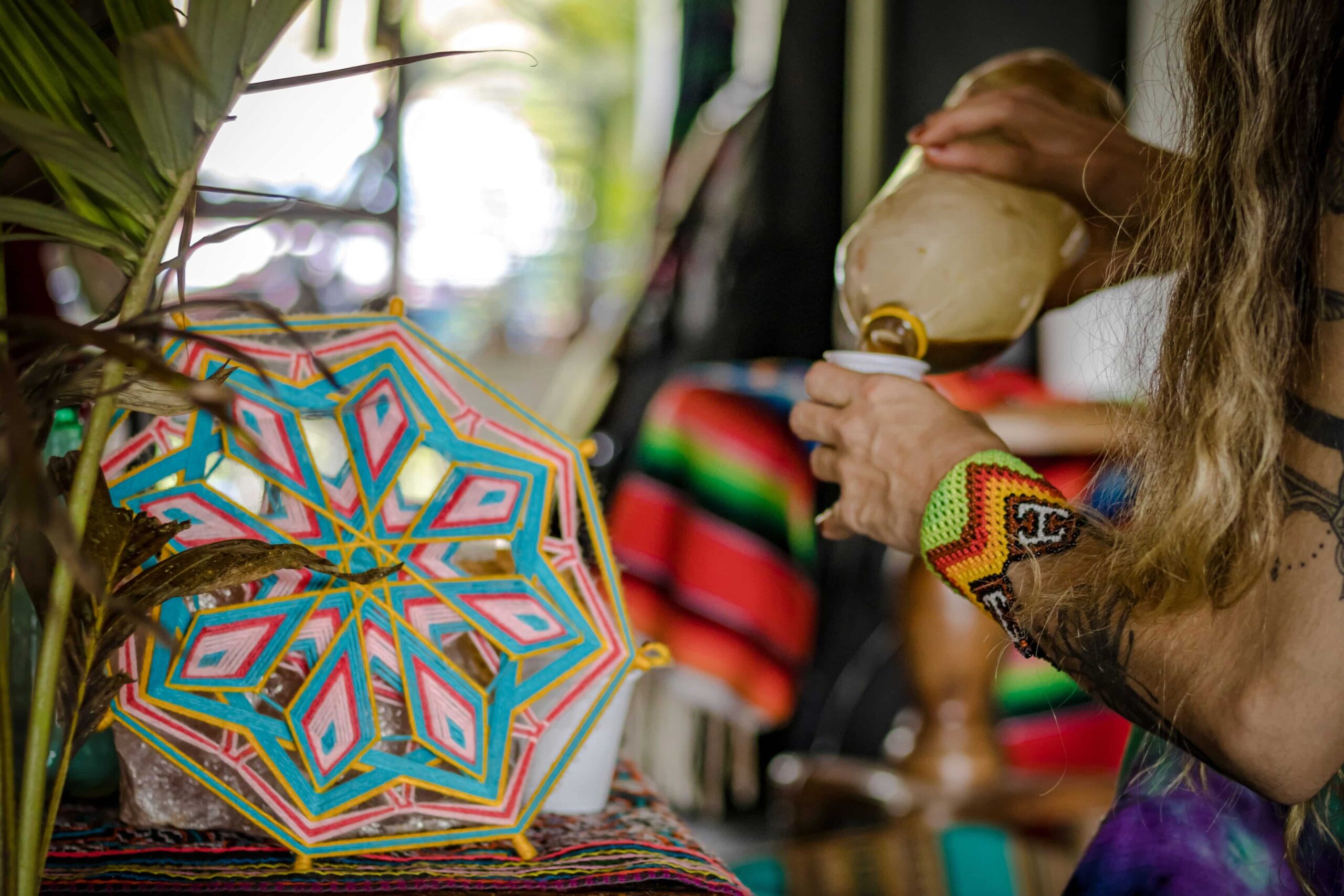Home to legendary Royal Nepalese temple hashish balls and other exotic delicacies, Nepal could soon return to its former glory, with new legislation to legalize cannabis and new intentions. Nepal’s pool of cannabis advocates now include people living with HIV and other conditions who not only want cannabis, but need it.
Nepal’s top officials signaled that legislation is underway to repeal Nepal’s ban on cannabis.
“It is not justifiable that a poor country like ours has to treat cannabis as a drug,” Nepal’s Health Minister Birodh Khatiwada told Agence France-Presse (AFP) on April 29. “Our people are being punished … and our corruption increases because of smuggling as we follow decisions of developed countries that are now doing as they please.”
That’s not the only reason for cannabis reform in Nepal. Just like any other country, a growing body of advocates are turning to cannabis for its healing properties above anything else.
“It is a medicine,” said cannabis activist Rajiv Kafle, who is living with HIV, and uses cannabis for medical reasons. HIV can lead to wasting syndrome, which is the loss of appetite. One of cannabis’s most prominent side effects is the munchies, being a powerful appetite-inducer.
“So many patients are using it, but they are forced to do it illegally,” Kafle said. “They can get caught anytime.” The Associated Press reported on October 11, 2021 that campaigners introduced a bill in Parliament, seeking to again legalize the farming, use, and export of cannabis as more countries allow its medicinal and recreational use.
Kafle was among the top advocates beating the drum of cannabis reform in Nepal. It’s a reminder of how HIV was a driving force for the first statewide medical cannabis laws in the U.S. as well.
Hashish Haven in Kathmandu
In the ‘60s and through today, many accounts detail how the most avid hippies made their way to Kathmandu, Nepal to buy the world’s most potent hash. Hash could be easily found from government-licensed stores on “Freak Street.” Most people who tried temple balls say they’ve “never forgotten” the experience. But due to increasing pressure from the U.S. and other countries, Nepal closed its hashish dealers in 1973.
Former High Times news editor Bill Weinberg reported on the city extensively, explaining that even after the 1973 ban, hashish trade continued to flourish for a time. In 2018 however, a crackdown on Nepalese temple hashish put a damper on hashish trade.
According to local press, backpackers from the West are still traveling to Nepal to buy hashish in back alleys—while the country isn’t getting a piece of it in the form of taxes, etc. To make things worse, smuggling and corruption are reportedly a big problem in the area.
In December 2020 Nepal backed a successful campaign when the United Nations reclassified cannabis out of its list of the world’s most harmful drugs.
Furthermore, there is hardly any way to separate cannabis from religion in the region. Cannabis use at Hindu temples is commonplace. For instance, Shiva, destroyer of evil, is often depicted holding a chillum to smoke. That’s why you’ll see temples such as Kathmandu’s Pashupatinath Temple offer ceremonies with holy men and worshippers who fill their own chillums with Shiva’s “gift”.
But it’s the same temple complex that was raided in 2018, when 280 people were arrested and 115 criminally charged. There’s a clear disconnect between religion and law.
Royal Nepalese temple hashish balls are said to yield indescribable taste and potency that cannot be matched by people in the West. Ed Rosenthal called it the Holy Grail of concentrates.
Thousands of pilgrims converge on Nepalese temples for the Hindu festival of Shivaratri each year, and cannabis is a holy sacrament.
With the new movement in legislation to end the ban on cannabis in Nepal, it’s a unique place in the world where religion meets cannabis.
The post Nepal, Former Hashish Haven, Could End Prohibition After 50 Years appeared first on High Times.
The Nepal Health Minister indicated that cannabis reform is coming soon after a long bout of prohibition and anti-cannabis sentiment.
The post Nepal, Former Hashish Haven, Could End Prohibition After 50 Years appeared first on High Times.Laws, Legalization, News, World, Birodh Khatiwada, hashish, legal cannabis, Nepal, Royal Nepalese temple hashish balls, world news

